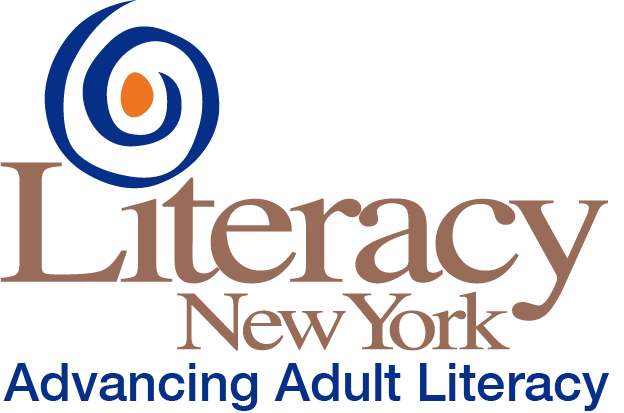New Theories About Literacy Acquisition Surprise Practitioners
As the article begins, it details America’s problems with literacy. “The problem is not bad reading habits engendered by smartphones, but bad education habits engendered by a misunderstanding of how the mind reads.”
Factual knowledge must be underscored in any reading or literacy instruction. The article posits this as the solution to improving literacy rates. Here are its recommendations:
“Current education practices show that reading comprehension is misunderstood. It’s treated like a general skill that can be applied with equal success to all texts. Rather, comprehension is intimately intertwined with knowledge. That suggests three significant changes in schooling.
First, it points to decreasing the time spent on literacy instruction in early grades. Third-graders spend 56 percent of their time on literacy activities but 6 percent each on science and social studies. This disproportionate emphasis on literacy backfires in later grades, when children’s lack of subject matter knowledge impedes comprehension. Another positive step would be to use high-information texts in early elementary grades. Historically, they have been light in content.
Second, understanding the importance of knowledge to reading ought to make us think differently about year-end standardized tests. If a child has studied New Zealand, she ought to be good at reading and thinking about passages on New Zealand. Why test her reading with a passage about spiders, or the Titanic? If topics are random, the test weights knowledge learned outside the classroom — knowledge that wealthy children have greater opportunity to pick up.
Third, the systematic building of knowledge must be a priority in curriculum design. The Common Core Standards for reading specify nearly nothing by way of content that children are supposed to know — the document valorizes reading skills. State officials should go beyond the Common Core Standards by writing content-rich grade-level standards and supporting district personnel in writing curriculums to help students meet the standards. That’s what Massachusetts did in the 1990s to become the nation’s education leader. Louisiana has recently taken this approach, and early results are encouraging.
Don’t blame the internet, or smartphones, or fake news for Americans’ poor reading. Blame ignorance. Turning the tide will require profound changes in how reading is taught, in standardized testing and in school curriculums. Underlying all these changes must be a better understanding of how the mind comprehends what it reads.”
Article here: https://mobile.nytimes.com/2017/11/25/opinion/sunday/how-to-get-your-mind-to-read.html?referer=
The article was written by Daniel T. Willingham (@DTWillingham) is a professor of psychology at the University of Virginia and the author, most recently, of “The Reading Mind: A Cognitive Approach to Understanding How the Mind Reads.”




